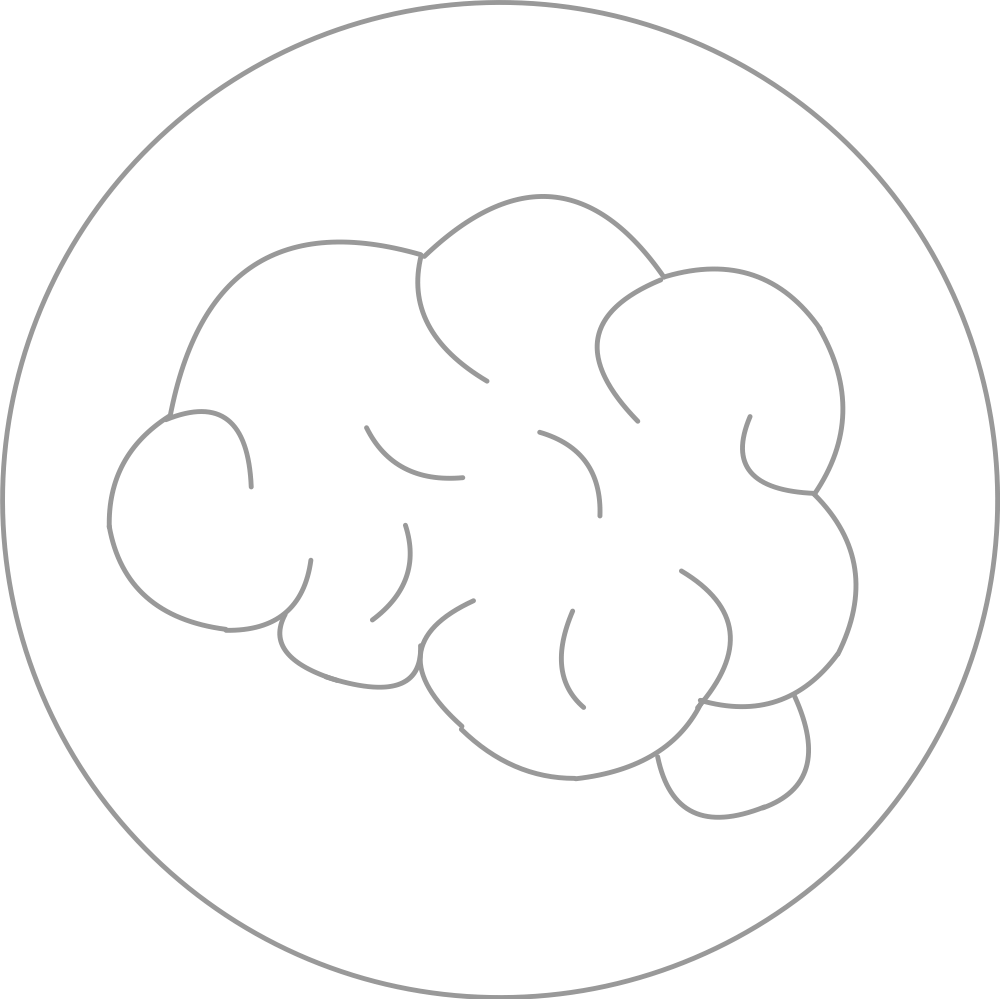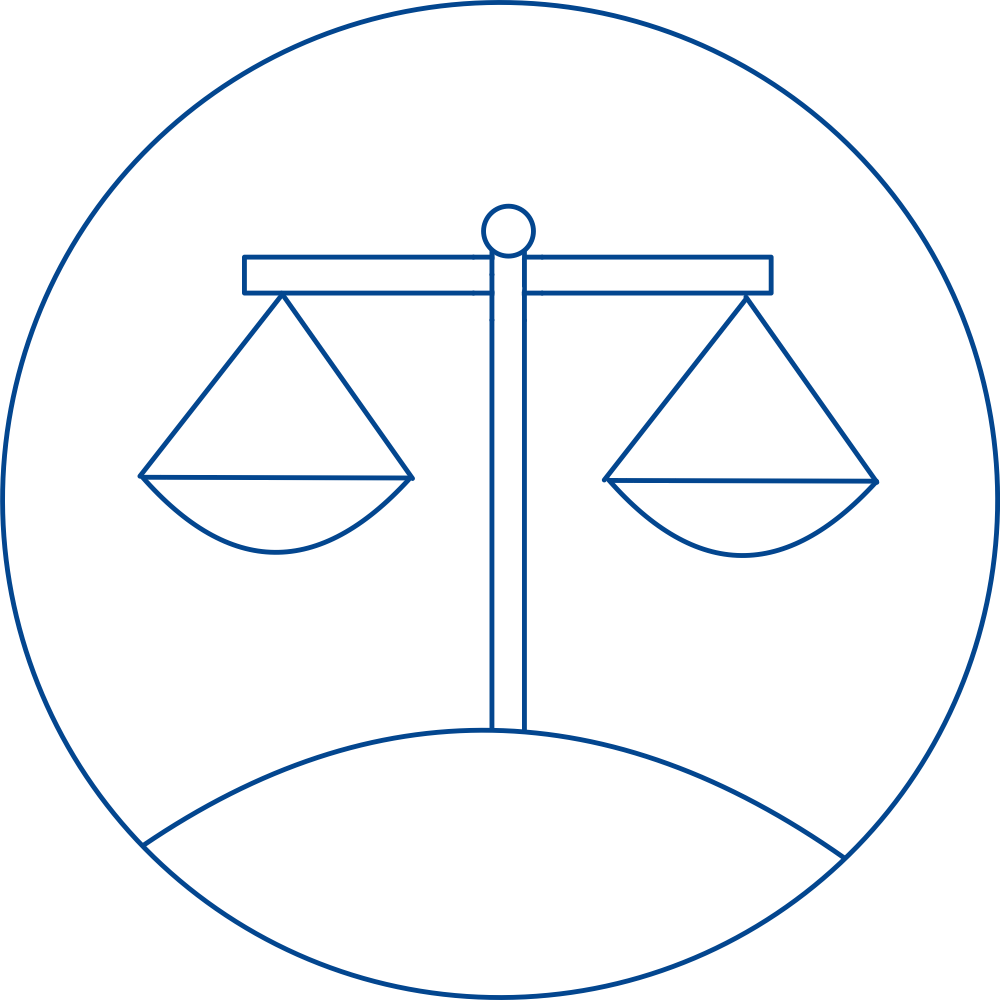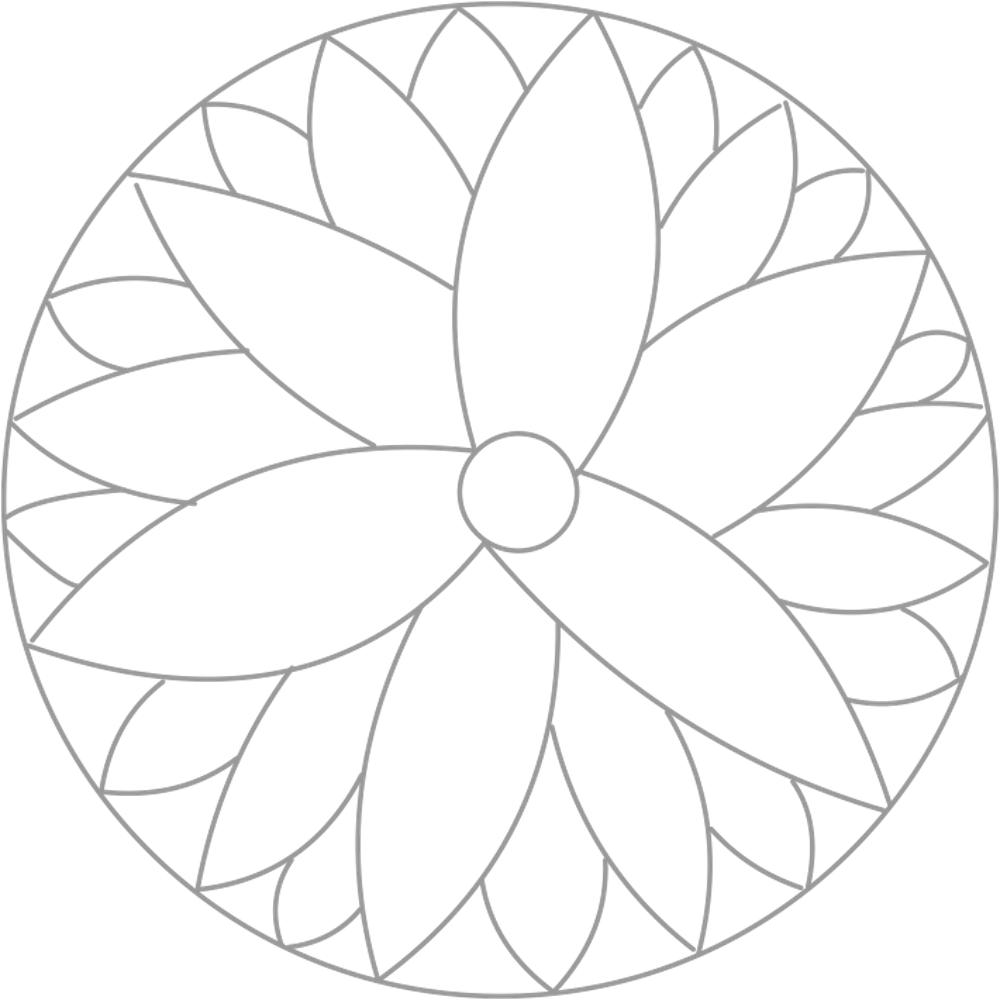Optimizing Wildfire Recovery Resource Distribution for Underserved Communities
I developed this research proposal for a data science for social good course, with the goal of designing an experiment that distributes wildfire recovery resources more equitably. Drawing on lived experiences from devastating events like the Camp Fire, as well as scholarly insights and socio-environmental datasets, I crafted an optimization framework to determine how funds should be allocated across communities based on damage, vulnerability, and budget constraints. The result is a poster that outlines how the proposed framework might guide policymakers toward data-driven, equitable outcomes.
Unlike my previous Bay Area mobility dashboard, where the focus was on data-driven storytelling, this project dove deeper into how the solution might be implemented and evaluated in real communities. The research design section of my poster outlines the optimization framework, including core constraints and objective functions, while also integrating references to lived experiences to show why certain design choices (like capping aid per household) matter. Alongside the algorithm, I incorporated a path to impact panel, explaining how local and state policymakers could adopt this model, and I dedicated space to ethical considerations, covering data privacy, informed consent, and potential unintended consequences.
From this project, I learned how to articulate a clear path to impact and specify ethical guardrails, honing my skills in bridging technical feasibility and on-the-ground realities. Moving forward, I plan to incorporate these combined elements (lived experiences, impact-driven designs, ethical analyses) into future research, ensuring that any technical solution I propose rests on a solid foundation of meaningful community engagement. I also aim to have a more tangible impact by implementing the proposed framework with communities I have access to (like education in Algorithmic Hiring Bias).
This artifact is co-authored with Lisa Fung and Saif Nasr. Most key ideas and work were done in group work sessions. My main individual contributions were designing and presenting the optimization algorithm and evaluation metrics as well as gaining insights from lived experiences.

Educate

Uplift

Sustain